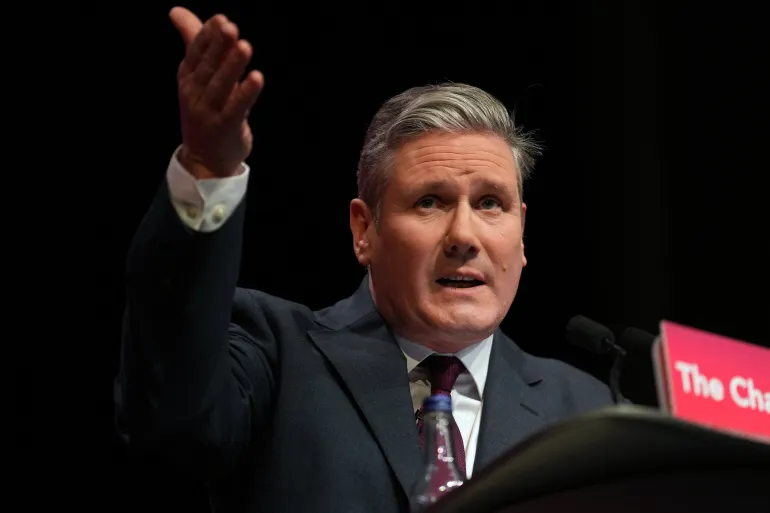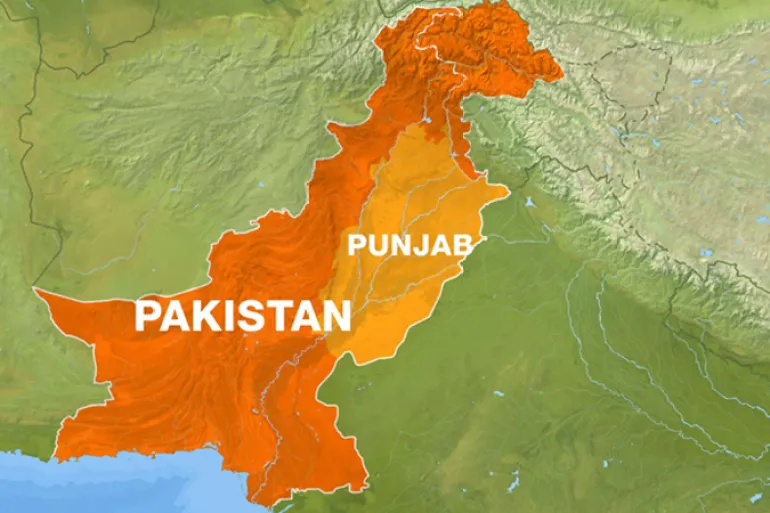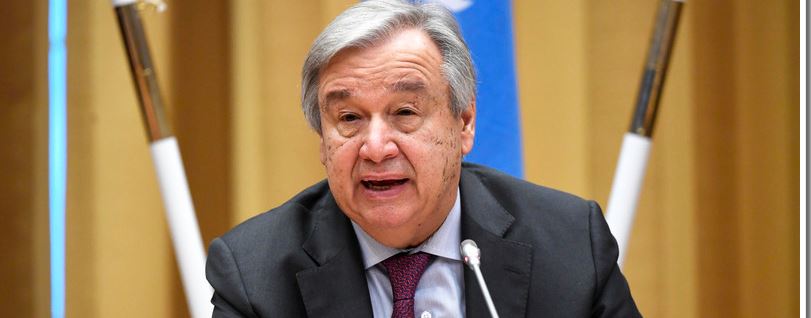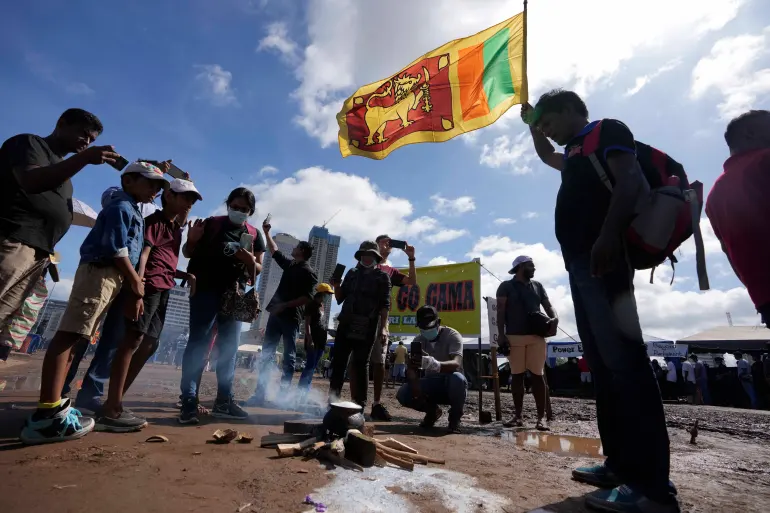‘A moment from which we cannot return’: Ruti Teitel speaks on George Floyd and the prospects for racial justice in the US
![Ruti Teitel [David Lubarsky]](https://liberties.aljazeera.com/resources/uploads/2021/05/1621869420.jpg)
Ruti Teitel [David Lubarsky]
Ruti Teitel is Ernst C. Stiefel Professor at New York Law School. Of Argentinian origin, Teitel coined the term ‘transitional justice’ in 1991. Her first book, Transitional Justice, published in 2000, inaugurated the concept and discipline of transitional justice.
Teitel believes the murder of George Floyd, which occurred on 25 May 2020, accelerated the US’ reckoning with its history of racial injustice. Her forthcoming book is titled ‘Righting Our Global Wrongs: the President and Justice for American Empire.’
On the one year commemoration of Floyd’s death, she spoke to Al Jazeera on corrective justice after the George Floyd case and the revival of the slavery reparations debate.
Al Jazeera: To what extent did the Trump presidency set the stage for the George Floyd murder and the swelling of the Black Lives Matter movement in the United States?
Teitel: The Trump presidency was in great part a reaction to the Obama presidency. The conditions created under Trump enabled open expression of of grievance and white supremacy. The climate created by the Trump presidency also facilitated violence against Black Americans. Police violence isn’t new to the United States. It occurred under the Obama presidency as well. But it was the execution of George Floyd that riveted the nation and the video footage that everyone saw because everyone was at home during the pandemic. It was a world slowed down by the pandemic. The protests triggered by George Floyd’s death and the reaction to the death was a truth commission of sorts about police violence.
What shocked people was seeing the knee on the neck of the black detainee who was already in custody and who was not a threat. The whole nation saw this. This seems to me a moment from which we cannot return without a response and some kind of corrective justice. President Biden has acknowledged so – indeed he made this part of his presidential campaign.
Al Jazeera: By truth commission you mean a very informal truth commission?
Teitel: I’m saying that the video alone was unassailable documentation that up to that moment there was unjustifiable police brutality against blacks in this country. That was a clear case that was underscored by the recent conviction of Derek Chauvin.
Here police testified against their fellow police and you never had that before: police convicted for the death of a black man in Minnesota. The police would normally join ranks and not testify against each other. But George Floyd’s death changed that; it was a pivotal moment of accountability.
Al Jazeera: Why have other dramatic events in the history of the United States not had a similar effect?
Teitel: The Civil Rights period and Civil Rights legislation were tremendously important – this is what guaranteed to blacks in America basic equality rights. This was a hugely pivotal moment from a national perspective but what it didn’t address was the ongoing culture of resistance among many white Americans including – we would see – the police.
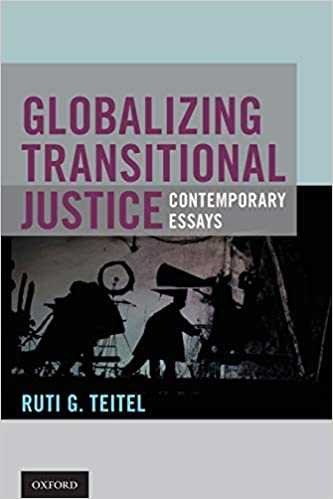
When Brown v Board was decided in 1954 the Soviet bloc used the segregation that was highlighted in the case in their political rhetoric against the US. At the time we in the US talked about political freedoms and related arguments about absence of freedoms to travel to leave the Soviet Union but then in our country we were excluding our own people based on the color of their skin. When Brown v Board of Education came down Voice of America announced the decision and republished in all Eastern languages. It was seen as so important that we get the word out.
So the decision had national significance but also an international significance. And that’s something that the Biden administration is in the midst of reckoning with. People are pushing for certain human rights policies under Biden. He spoke about racial injustice during his campaign and said that the moment has come. It was George Floyd’s execution that galvanized the need for change. Civil society played a very significant role with the Black Lives Matter marches organized around the killings. But the question is whether we will also see national action, ie., political action on the national level.
Al Jazeera: To what extent has George Floyd’s killing and the reaction to it revived the debate on slavery reparations?
Teitel: It is clear that systematic abuses need to be documented because even today there exists a culture of denial. An important development is the bill that is currently before the House : ‘H.R 40’ calls for the establishment of a Commission to study the possibility of slavery reparations proposals for African Americans and to make recommendations to Congress. It not only has a past dimension but also a present and future dimension. What such a Commission will be able to do show is thread from slavery to segregation and then from segregation to mass incarceration on a racial basis.
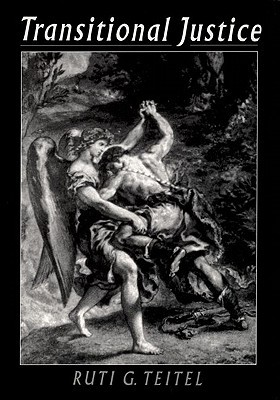
It is important to remember that the moment slaves were freed they had no business opportunities. They were discriminated against by all institutions at the state level in the South so many returned to the plantations where they were working long hours for no or minimal wages. That’s the beginning of the labor movement in this country. Beyond this there were many policies intended to exclude blacks from owning property. Banks discriminated, there was red lining, etc. The Commission needs to study the legacy of slavery and how it led to this moment where you continue to have the inequities confronting blacks –so clearly seen in how the police deals with black and white accused committing the same crimes.
The Commission is about legacy: the shameful legacy of slavery and segregation. As a country, we may not yet be at the point of agreement on formulas for reparations yet. But we should be at the point of establishing formal documentation that is undeniable and that will limit the possibility of historical revisionism that has cropped up during the Trump period.
At minimum we should see the George Floyd Justice in Policing Act become law of the land.
Al Jazeera: What role has civil society played in the movement triggered by the killing George Floyd?
Teitel: Civil society and especially young adults are playing a very important role. The marches and all the people who were out on the streets this year were the best example of this. The debates on wokeness and cancel culture also flow from the events of last summer.
Journalists and media generally have become very involved in these questions; consider the NYTimes 1619 project and I’m thinking for example of the article ‘The case for reparations’ by Ta-Nehisi Coates that appeared in The Atlantic around the same time.
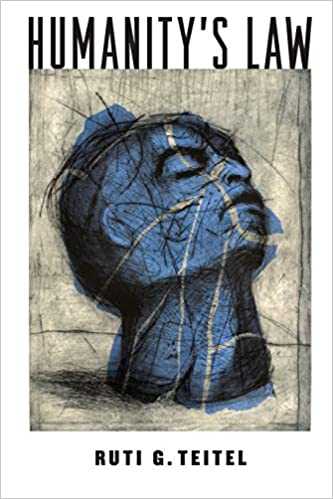
- Most Viewed
- Most Popular




